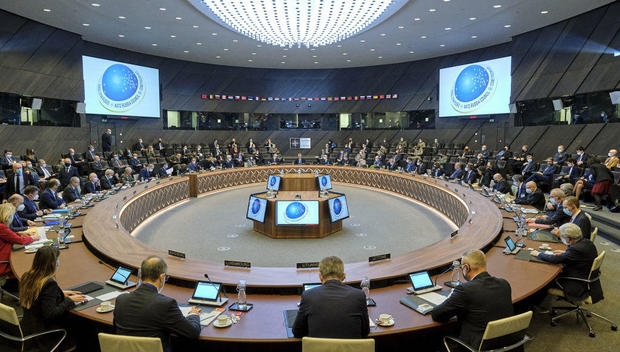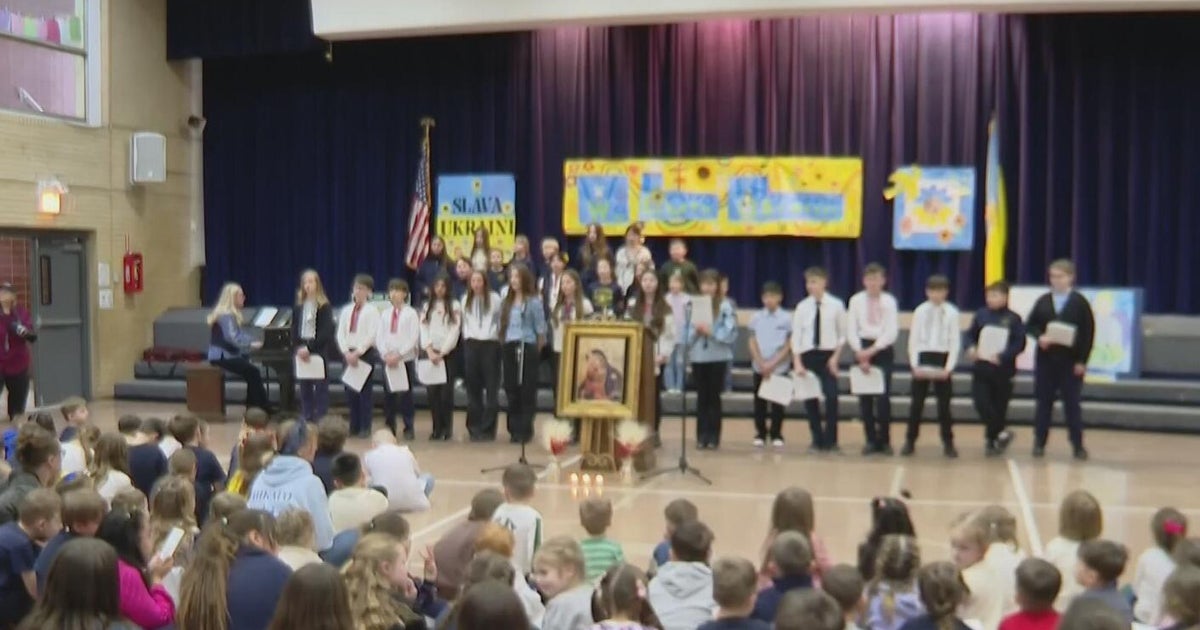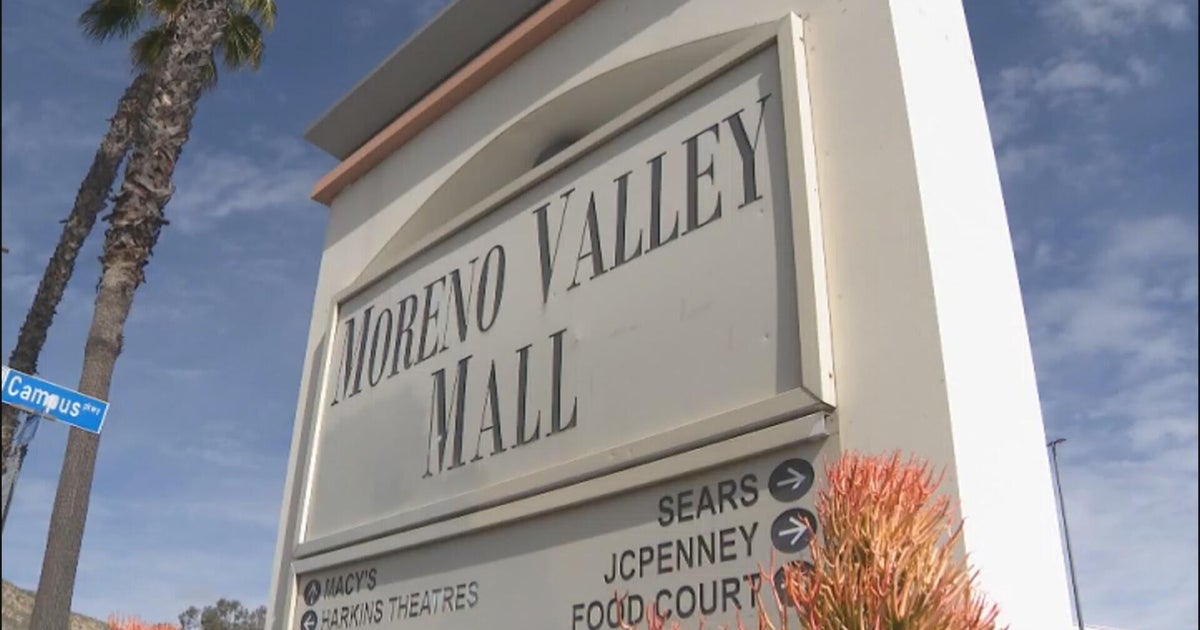NATO and Russia fail to resolve "significant differences" but may continue talks
The second of three diplomatic engagements scheduled this week between Western powers and Russia yielded no meaningful breakthroughs on Wednesday, but appeared to buy some time for NATO allies still wary of a Russian military invasion of Ukraine.
Speaking in Brussels after a four-hour meeting of the NATO-Russia Council on Wednesday, NATO Secretary General Jens Stoltenberg said the talks between the 30 NATO members and Moscow were "not easy," and that the risk for armed conflict in Europe remained "real."
"We had a very serious and direct exchange on the situation in and around Ukraine and the implications for European security. There are significant differences between NATO allies and Russia on these issues," Stoltenberg said.
"Our differences will not be easy to bridge, but it is a positive sign that all NATO allies and Russia sat down around the same table and engaged on substantive topics," he added.
Both Stoltenberg and Deputy Secretary of State Wendy Sherman, who led the U.S. delegation to the talks and spoke at a separate press conference, said NATO allies proposed a number of areas where dialogue with Russia could continue, including on increasing the transparency of military exercises, reducing space and cyber threats, and addressing arms control and nonproliferation.
The Russian delegation said it was "not ready" to commit to future talks, Stoltenberg said, but indicated a "general willingness" to continue diplomatic engagement.
The central impasse — the issue of Ukraine's accession to NATO — was unresolved. Stoltenberg repeatedly said there would be no compromise on NATO's "core principle" that every nation could choose its own path.
Sherman reiterated, as she did following Monday's bilateral talks in Geneva, that neither the U.S. nor NATO allies would agree that the alliance could not expand to include Ukraine or any other country that met its membership criteria.
"We were basically saying to the Russians, some of the things you put on the table are nonstarters for us," she said.
There was also no indication that Russia would draw down its troops along the Ukrainian border, Sherman said.
"There was no commitment to deescalate," she said. "Nor was there a statement that there would not be."
Russia began massing tens of thousands of troops at its border with Ukraine in the fall, and last month published a series of demands that included a guarantee from Western powers that Ukraine would never be allowed to join NATO. The Russians have called the alliance an "instrument of confrontation."
The U.S. and NATO have for weeks dismissed that and other demands made by the Kremlin, while expressing an openness to engagement on other security issues, including arms control.
"There is plenty to work on, where we have places where we can enhance mutual security. There are some places we cannot. But there is progress that can be made," Sherman said.
"All of us, including Russia, have to go back to our governments to decide on next steps," she added.
NATO's Stoltenberg also said Wednesday that the alliance proposed reopening, without preconditions, both the NATO office in Moscow and Russia's mission to NATO, both of which were shuttered in October following a dispute over what NATO called "undeclared Russian intelligence officers."
"We believe in dialogue. And we believe that these offices, these diplomatic personnel, they are part of the infrastructure we need to have a meaningful dialogue," Stoltenberg said.
The third and final diplomatic session this week will take place on Thursday in Vienna, where a group of 57 nations comprising the Organization for Security and Cooperation in Europe (OSCE) — including the United States, Russia and Ukraine — will meet for wide-ranging talks.





